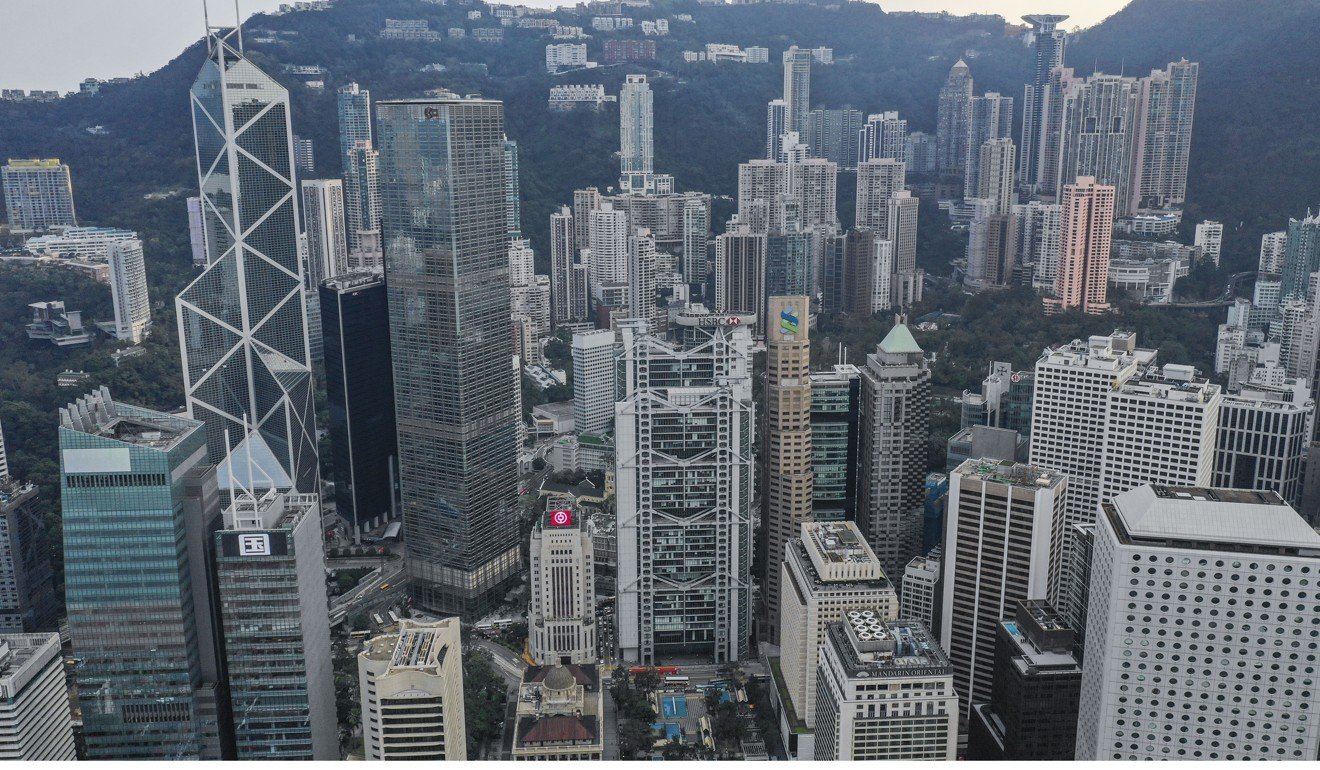
Hong Kong workers set for average pay rise of 3 per cent in 2020 despite ongoing protests, survey finds
- Hong Kong Institute of Human Resource Management gave upbeat outlook after it polled 94 companies in August and September
- Survey showed 51 per cent of firms indicated they would give their staff a pay rise while 48 per cent said they did not have any plans yet
Hong Kong workers can expect an average pay rise of 3 per cent next year despite the ongoing social unrest as more than half of the city’s bosses are still willing to increase wages, a survey has found.
The Hong Kong Institute of Human Resource Management gave the upbeat outlook for the city’s workforce on Thursday after it polled 94 companies – which employ some 145,000 staff from 15 sectors including hotel, retail, trading and banking – from August to September.
The survey showed 51 per cent of the firms indicated they would give their staff a pay rise while 48 per cent said they did not have any plan yet.
Institute vice-president Lawrence Hung Yu-yun said based on the poll findings and the group’s economic assessment, there would be an estimated average pay rise for the city’s employees of 3 per cent next year.

“We believe there will be more relief measures from the government to boost the economy. So far we don’t think the negative social sentiment will have a huge impact on the labour market,” he said.
“Therefore we make a conservative estimate that there will be an average pay rise of 3 per cent.”
The institute is a non-profit organisation with 5,300 members in Hong Kong.
The survey also showed the average pay rise for staff this year was 3.6 per cent, up 0.4 per cent from 2018. Among the polled firms, 95 per cent gave a pay rise this year covering 85 per cent of staff.
However, Hung said deducting the inflation rate of 2.8 per cent, the actual pay rise this year was just 0.8 per cent.
The poll indicated those from the public utility, finance and banking sectors received the highest pay rise of an average of 4 to 4.4 per cent.
Close to 45 per cent of the firms said they offered a fixed annual bonus this year of about one month’s salary. For those with a flexible bonus scheme, staff got an average of about 1.56 months’ salary.
“Next year is election year for the US. We believe the chances are very slim for the trade war to get worse. The same applies to the Chinese economy next year as it seeks to strength domestic consumption,” he said.
“For Hong Kong, certain sectors are inevitably under pressure such as the tourism, hotel and dining sectors but the government may introduce another round of stimulus packages. Also there are still some sectors unaffected by the social events such as finance, medical and education. Overall speaking, I am still optimistic about next year.”
However, Joe Chau Kwok-ming, president of the Hong Kong General Chamber of Small and Medium Business, said he only foresaw an overwhelming trend of pay freezes next year as many firms were struggling to stay afloat.
Allan Zeman expects Lan Kwai Fong to see its worst Halloween
“Many of the hardest-hit businesses such as those in the tourism and dining industries are talking about possible lay-offs or forcing staff to take unpaid leave. For many of them, they are now worrying about their survival. I don’t think they have time to consider other things such as a pay rise for staff,” he said.
“Some companies in unaffected sectors may be able to increase staff salaries next year, but for most of the firms, I think the inevitable trend is a pay freeze.”
But he said that if the trade war could be settled next year, there might be a chance for enterprises to make an upwards adjustment of wages in the latter half of 2020.

